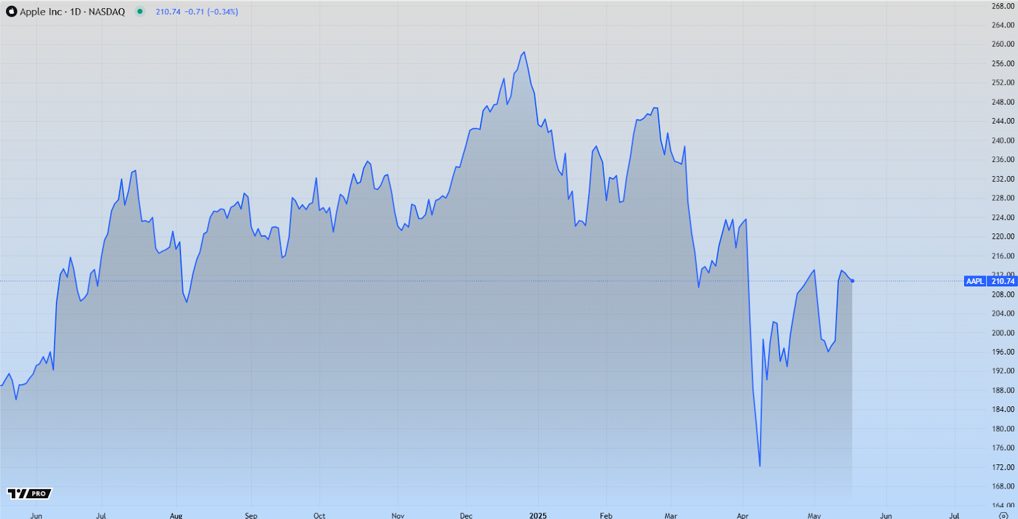If you don’t have a business plan for your record label, this is the time to create one. Why? Because no matter how well you know the record label industry or know the artists within it, there are always going to be business issues that will need your attention. It might be found within the operations plan, the financial projections or the competitors of your business; but, one thing we know is that you’ll need to step into the gap to appropriately address it.
As a business owner building a record label, you are in a unique position to take on the leadership role of your own company, offering guidance, knowledge and creativity to employees who might not be familiar with business decisions. You’ll also become the “guy with the answers” to take over leadership in areas where business is not going well. For all of these reasons, this is the time to create a business plan that addresses current needs and future projections at the same time.

So, let’s get started on your business plan:
1. Build Street Cred
In order to effectively and efficiently become a record label owner, you’ll want to ensure your company has the necessary background to offer complete services. To create that background and gain street cred, look into the credentials or licenses that will bring you and your employees ways to fill any gaps in education or industry knowledge. Encourage your staff to take on additional course work to build industry knowledge. Fine-tune your skills in writing, composing briefs, communicating verbally and in some areas of social interaction where you don’t feel quite comfortable. This is the time to build street cred with the learning you have under your belt and the new skills you are acquiring.
2. Strategically Market Your Record Label
You’ll want to place artists who sign with you under the distribution of an excellent company with well-known connections. In doing so, you may not receive the monetary percentages you’d prefer, but you will receive strategic marketing campaigns, highlighting your record label and, most probably, bringing more business to your door. As your business grows, you can take on independent, smaller distribution companies or build your own; either way, you’ll be well-positioned to take profitability from those associations, as well.
Another way to strategically market your company is by presenting your services, whether through social media, email introductions, referrals from associates, or word-of-mouth advertising. Stay on top of industry activity in your area and determine the type of artists or distribution companies with whom you may want to work. In short, get ready for business.
3. Complete Your Business Plan
There are many business plans available; however, a truly specific, solid and viable business plan, such as this record label business plan is easy to draft from a simple template. As a record label owner, you’ll want to employ your skills to produce the top-notch business plan required. In this way, you can pitch investors, obtain clients, and even attract new partners leading to long-term growth with your business plan in hand.
4. Invest Your Resources Wisely
When starting a record label, it’s tempting to make investments in artists, campaigns and distribution companies that are personally appealing. However, consider the target audience of your listeners, the music genres that appeal to them, and the total cost of investment before jumping into the deep end of the pool. Check in with an industry associate to evaluate any purchases or contracts before initiating them and consider the profitability over the initial cost. Measure the risk carefully, realizing that without that risk, you will not realize the reward of signing the next big artist. Leverage your resources wisely.
5. Establish Your Brand Identity
If you haven’t yet created a brand for your record label, it is time to do so. If you have a brand, let’s talk about building a higher level of recognition for it. For example, you may want to sell merch on your company website. Offer hats, street gear and an assortment of branded items. With a collection of merch, you can extend your brand, using it as a form of identification that travels further than your label.
6. Sign Artists and Recording Contracts
You are ready to sign artists to your record label and get some contracts underway. If needed, use a musician friend to act as your first client; however, ensure anyone you sign aligns with your mission, objectives and target audience. Use an entertainment attorney to assist in drawing up all contracts.
We hope your business plan is absolutely stellar and that it fully supports the mission, objectives, projections, and strategies of your record label. And, we wish you every success as your business continues to grow!





